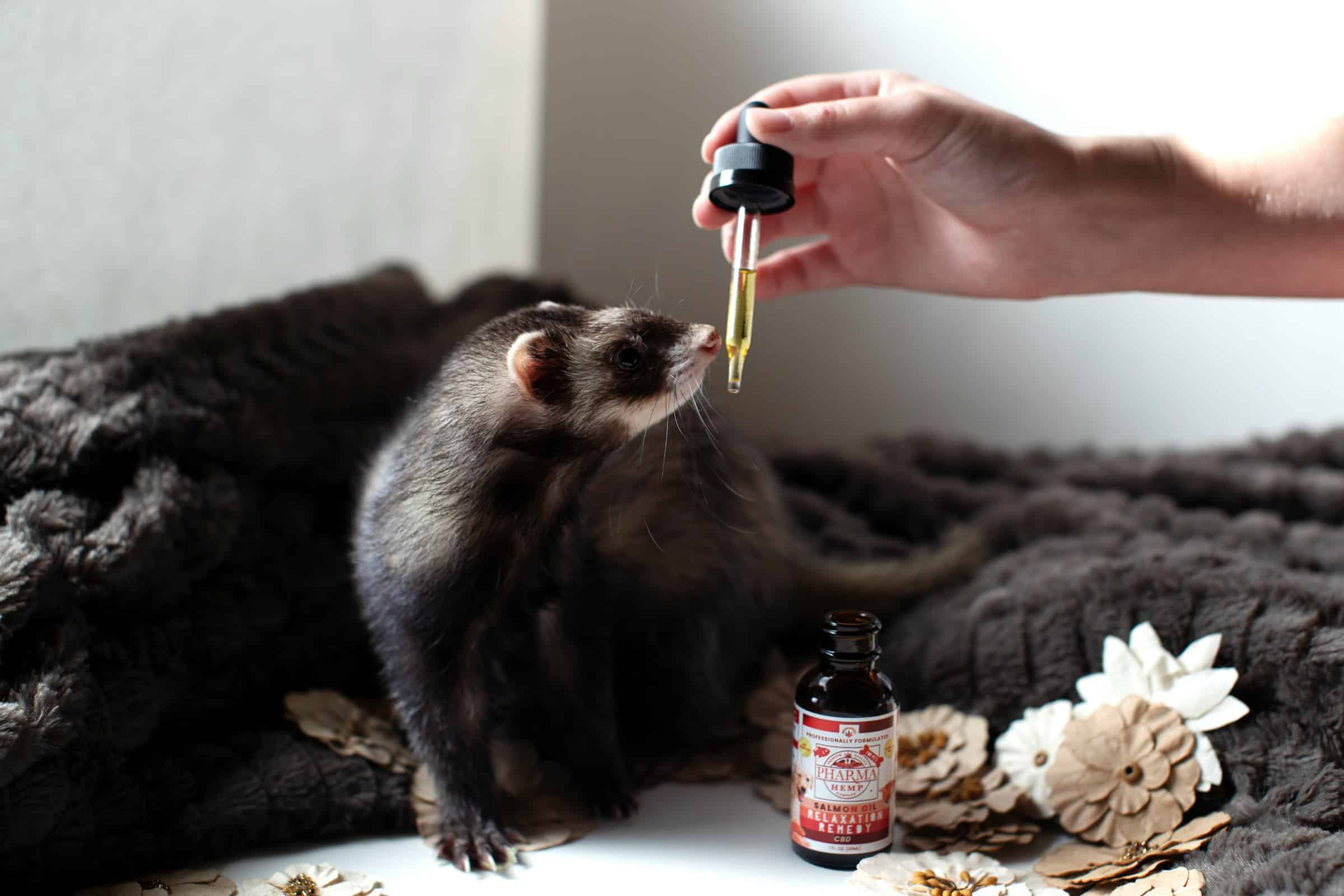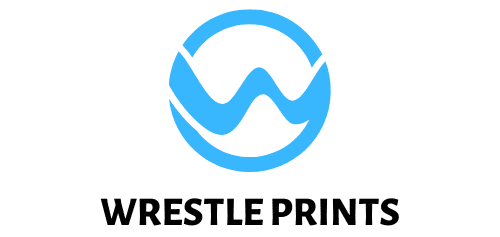How to Prepare a Balanced Homemade Diet for a Ferret with Insulinoma?

Ferrets make for interesting pets with their playful and energetic nature. However, just like any other pet, they too require special care, particularly in terms of diet. Feeding them is not as straightforward as it seems. This becomes especially important if your ferret is diagnosed with Insulinoma, a disease that causes a decrease in blood sugar levels due to an excess of insulin. If left unchecked, it could lead to serious health complications. In this article, we will delve into the intricacies of a ferret’s dietary needs, specifically focusing on how to prepare a balanced homemade diet for a ferret with Insulinoma.
Understanding a Ferret’s Dietary Needs
Before we delve into the specifics of a homemade diet for a ferret with Insulinoma, let’s understand the kind of food that ferrets naturally prefer. Ferrets are obligate carnivores, meaning their diet in the wild primarily consists of raw meat. Their bodies have been designed to receive high levels of protein, and they can efficiently digest raw meat and bone.
En parallèle : What’s the Best Method for Socializing Feral Kittens for Adoption?
There are options available in the form of commercial kibble, but a raw diet closely mimics what they would eat in the wild. A diet that is high in protein and low in carbohydrates is ideal for them. However, when your ferret is diagnosed with Insulinoma, you need to modify their diet slightly. This is to ensure their blood sugar levels do not plummet dangerously.
Recommendations for a Ferret with Insulinoma
Insulinoma is a condition that affects the pancreas, leading to an overproduction of insulin. This causes abnormally low blood sugar levels, which can lead to seizures, weakness, and even collapse in severe cases. Feeding your ferret correctly is of paramount importance in managing this condition.
En parallèle : What Are the Best Toys for Enhancing Cognitive Function in Senior Dogs?
A diet for a ferret with Insulinoma should ideally be rich in high-quality animal protein and fat, with a minimum amount of carbohydrates. They should also be fed more frequently, as frequent feeding can help maintain blood sugar levels. Some suggest feeding such ferrets every 3-4 hours. You may also need to include a specialized supplement recommended by your vet in the diet.
Kibble Vs. Raw Meat Diet
The debate between feeding ferrets with kibble or a raw meat diet has been ongoing amongst pet owners. While dry kibble is convenient and less messy, a raw diet is considered more healthful as it consists of the nutrients that ferrets need, in the right proportions.
However, not all kibble is created equal. Some are laden with plant proteins and carbohydrates which are not ideal for a ferret’s diet. If you choose to feed your ferret kibble, ensure that it is of high quality, and high in animal protein.
Nonetheless, a diet of raw meat is closer to what a ferret would eat in a natural environment. More so, for a ferret with Insulinoma, a raw diet may be more beneficial as it has a slower release of glucose, helping to maintain stable blood sugar levels.
Preparing a Homemade Diet
A homemade diet for a ferret with Insulinoma should primarily consist of fresh raw meat, bone, and offal. Chicken, turkey, and rabbit are commonly fed meats. Offal, particularly liver, should make up a small portion of the diet as it’s rich in nutrients.
Bone is essential for a balanced diet. Chicken wings, necks, or legs provide a good source. They must be served raw as cooked bones can splinter and cause harm.
You can also include raw eggs in the diet. Eggs are a powerhouse of protein and can be fed whole.
It’s crucial to remember that the transition to a homemade diet should be gradual. Change their diet gradually over a week or two to avoid digestive upsets.
While preparing a homemade diet requires effort, it can greatly enhance the health and longevity of your ferret. The key is to provide a varied diet that is rich in quality animal protein and fat, while being low in carbohydrates. Regular vet check-ups will also help ensure your ferret is maintaining a healthy weight and responding well to the new diet.
Remember, while we’ve given you a basic guide, every ferret is unique. It’s essential to monitor your ferret, adjust the diet as needed and consult with your vet regularly. With the right diet and care, you can help manage your ferret’s Insulinoma effectively.
The Role of Supplements in a Ferret’s Diet
As obligate carnivores, ferrets can extract all the necessary nutrients they need from a raw diet. However, when dealing with a health condition like Insulinoma, you may need to consider adding some supplements to ensure your ferret gets enough nutrients.
Ferrets with Insulinoma might benefit from a vitamin B supplement, as it can help maintain energy levels and boost the nervous system. Adding an omega-3 supplement, like fish oil, can be beneficial for the heart and brain health, while also promoting a shiny coat.
Supplements can come in different forms, like powders or liquids, and can be mixed into the ferret’s raw food for easy consumption. Always consult your vet before adding any supplements to your ferret’s diet.
If you choose to use supplements, it is important to use them sparingly. Too many vitamins and minerals can be harmful. For ferrets, it is the quality of the protein fat in their diet that is most important.
Duck soup is a common homemade ferret food renowned for its nutritional benefits. It can be offered as a treat or nutrition booster. Duck soup is essentially a concoction of various meats, organs, and bones, turning it into a highly nutritious soup for your ferret. This can help maintain blood glucose levels and provide essential nutrients.
The Myths and Facts about Ferrets and Cat Food
There’s a common misconception among some pet parents that ferrets can eat the same food as cats. While it’s true that many commercial pet foods, including cat food, contain high levels of protein, they are not ideal for ferrets, especially those with Insulinoma.
Cat food, whether dry or wet, often contains grains, vegetables, or fruits, all of which are high in carbohydrates. Remember, ferrets need a high protein, low carbohydrate diet. Eating food high in carbohydrates can lead to a spike and subsequent crash in blood sugar levels which is extremely dangerous for ferrets with Insulinoma.
Also, cat and dog foods are cooked and processed, losing some of the important nutrients during the process. Raw meat, on the other hand, is a natural diet that provides all the necessary nutrients in their purest form.
To conclude, preparing a balanced homemade diet for a ferret with Insulinoma may seem daunting at first, but it’s doable and worth the effort. With careful planning and regular consultations with your vet, you can provide a diet that will help manage Insulinoma and keep your ferret healthy and happy. A raw diet, supplemented with specific nutrients as needed, and feeding your ferret frequently can help maintain stable blood sugar levels.
To reiterate, while cat and dog food is convenient, it’s not the best option for your ferret. Raw meat, bones, and offal are the staples of a healthy ferret diet. Duck soup and raw eggs can be added for variety and additional nutrients.
Remember, every ferret is unique and what works for one might not work for another. Constantly monitor your pet and adjust the diet as needed. With proper care and a balanced diet, your ferret can lead a long, healthy life, even with Insulinoma.
